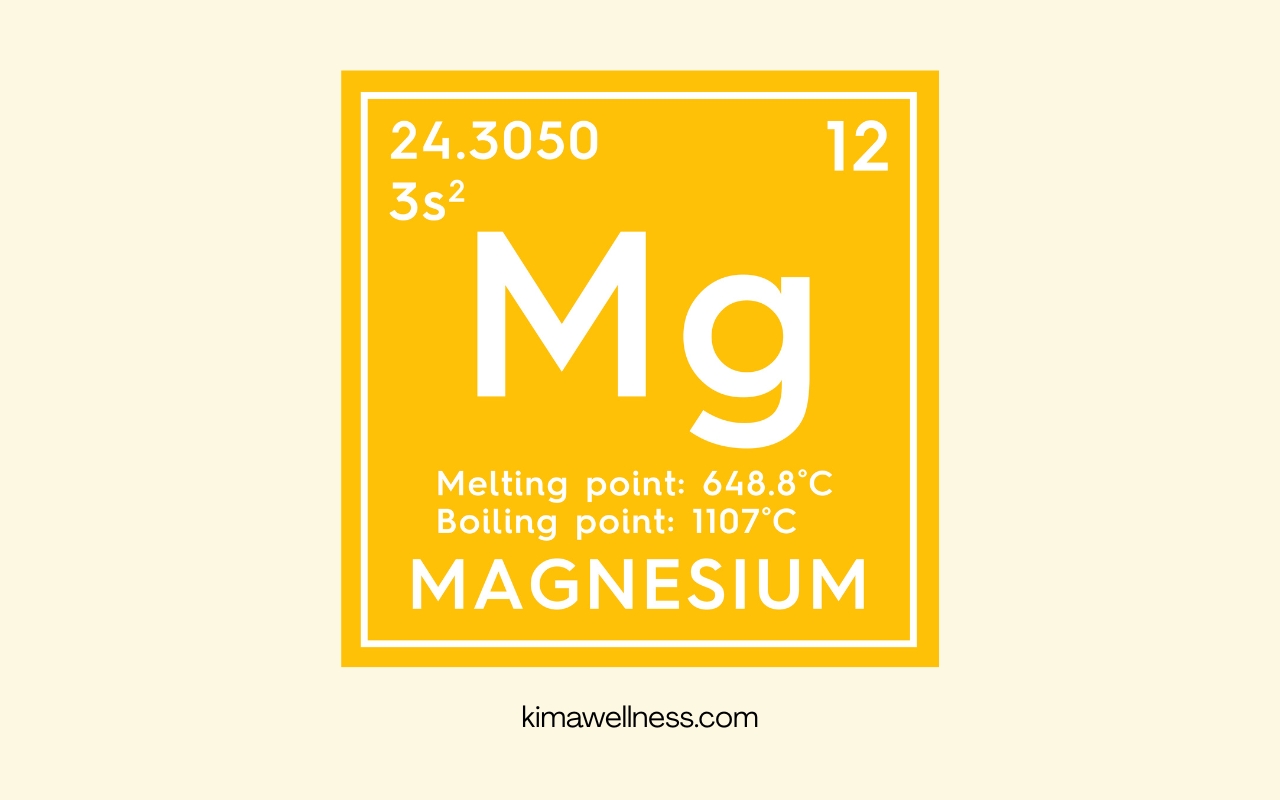In the world of holistic health, detoxification is often linked to improved well-being, reduced inflammation, and better digestion. One ancient approach that has gained traction in modern wellness circles is the Chinese Weight Loss Tea Trick—a Traditional Chinese Medicine (TCM) practice that is believed to enhance metabolic function, aid digestion, and support inflammation relief through gentle detoxification. But how does it work? As pain management and wellness experts at KIMAWELLNESS.com, we explore the potential benefits of this tea-based detox method and how it aligns with natural inflammation relief.
The Role of Detox in Inflammation and Pain Relief
Inflammation is the body’s natural response to injury or toxins, but chronic inflammation can contribute to pain, fatigue, and metabolic imbalances. Supporting the body's detox pathways with nutrient-rich herbal teas may help reduce inflammation by:
- Flushing out toxins – Supporting liver and kidney function to eliminate metabolic waste.
- Regulating digestion – Improving gut health to reduce bloating and discomfort.
- Balancing metabolism – Encouraging gentle thermogenesis and fat oxidation.
- Modulating stress response – Helping the body manage inflammation linked to cortisol levels.
Key Ingredients in the Chinese Tea Trick for Detox & Inflammation Relief
Chinese herbal teas are carefully formulated to support detoxification, digestive health, and inflammatory balance. Here are some of the most effective herbs found in this tea regimen:
1. Pu-erh Tea (Fermented Black Tea)
- Supports liver detoxification and digestion
- Regulates cholesterol and blood sugar levels to reduce inflammation triggers
2. Oolong Tea
- Enhances metabolism and fat oxidation
- Contains polyphenols that help fight oxidative stress
3. Lotus Leaf
- Reduces bloating and water retention
- Aids in toxin elimination through natural diuretic effects
4. Hawthorn Berry
- Supports circulation and cardiovascular health
- Aids digestion of fatty foods, reducing metabolic stress
5. Cassia Seed
- Acts as a gentle laxative to encourage regular detox
- Contains anti-inflammatory properties that support gut health
6. Gynostemma (Jiaogulan)
- Adaptogenic herb that balances stress and inflammation
- Supports immune function and metabolic harmony
7. Licorice Root
- Soothes digestive inflammation and promotes gut lining integrity
- Acts as a harmonizing agent in herbal blends
How to Implement the Chinese Tea Trick for Detox and Inflammation Relief
To experience the benefits, consistency is key. Here’s a structured tea routine for daily detox and inflammation support:
Morning Detox Activation
Drink: A warm cup of Pu-erh tea on an empty stomach
- Stimulates digestion and primes detox pathways
Mid-Morning Circulatory Support
Drink: Oolong tea with a small snack
- Boosts metabolism and fights oxidative stress
Pre-Lunch Digestive Optimization
Drink: Lotus leaf tea
- Helps reduce bloating and supports fluid balance
Afternoon Anti-Inflammatory Support
Drink: Hawthorn berry tea
- Aids in digestion and circulation
Evening Stress & Recovery Support
Drink: Gynostemma tea
- Lowers cortisol and supports overnight detoxification
How Tea Fits Into a Holistic Pain & Wellness Plan
While herbal teas can play a role in supporting detox and reducing inflammation, they should be part of a comprehensive wellness strategy that includes:
- An Anti-Inflammatory Diet – Pair tea consumption with whole foods, lean proteins, and anti-inflammatory fats.
- Movement & Mobility – Gentle exercise and stretching can further support detox pathways.
- Stress Management – Adaptogenic herbs like Gynostemma help regulate cortisol, a key driver of inflammation.
- Hydration & Restorative Sleep – Staying hydrated and prioritizing sleep enhances the body’s ability to repair and detoxify.
Choosing High-Quality Teas for Detox & Inflammation Relief
With the growing popularity of herbal detox teas, many commercial brands offer pre-packaged tea bags, powders, and bottled versions. However, these often contain added sugars, artificial flavors, and lower-quality ingredients. For best results, choose organic, high-quality loose-leaf teas from reputable sources.
Success Stories: Can This Tea Trick Make a Difference?
Many individuals have incorporated the Chinese Tea Trick into their wellness routines and reported benefits such as:
- Reduced bloating and water retention
- Improved digestion and regularity
- Increased energy and reduced joint discomfort
- Enhanced recovery after workouts or long days
Precautions & Considerations
While Chinese herbal teas are generally safe, mindful consumption is important:
- Caffeine Sensitivity – Oolong and Pu-erh teas contain caffeine, which may not be ideal for everyone.
- Mild Laxative Effect – Cassia seed tea should be consumed in moderation.
- Medical Considerations – If you are pregnant, nursing, or taking medications, consult a healthcare provider.
- Avoid Artificial Additives – Choose natural, whole-leaf teas without preservatives.
Final Thoughts: Is the Chinese Tea Trick Worth Trying for Detox & Inflammation Support?
The Chinese Tea Trick is not just a weight loss fad—it is a time-tested method that aligns with modern wellness principles. By gently detoxifying the body, supporting digestion, and reducing inflammation, it can be an effective tool for those seeking natural ways to enhance overall health.
At KIMAWELLNESS.com, we emphasize evidence-based, holistic wellness strategies. If you’re looking for a natural, effective way to support inflammation relief and detoxification, incorporating high-quality Chinese herbal teas into your daily regimen may be a simple yet powerful addition. The key to success? Consistency, balance, and a comprehensive approach to wellness.
